Susan Smith, convicted nearly 30 years ago for drowning her two sons by rolling her car into a South Carolina lake, will be eligible for parole next month, despite facing a disciplinary charge just weeks before her hearing.
Smith, 53, is serving a life sentence after a jury chose not to sentence her to death during her 1995 murder trial. Under the law at the time, she can request release after serving 30 years in prison.
Smith's hearing is scheduled for November 20, the state Department of Probation, Parole and Pardon Services said Monday.
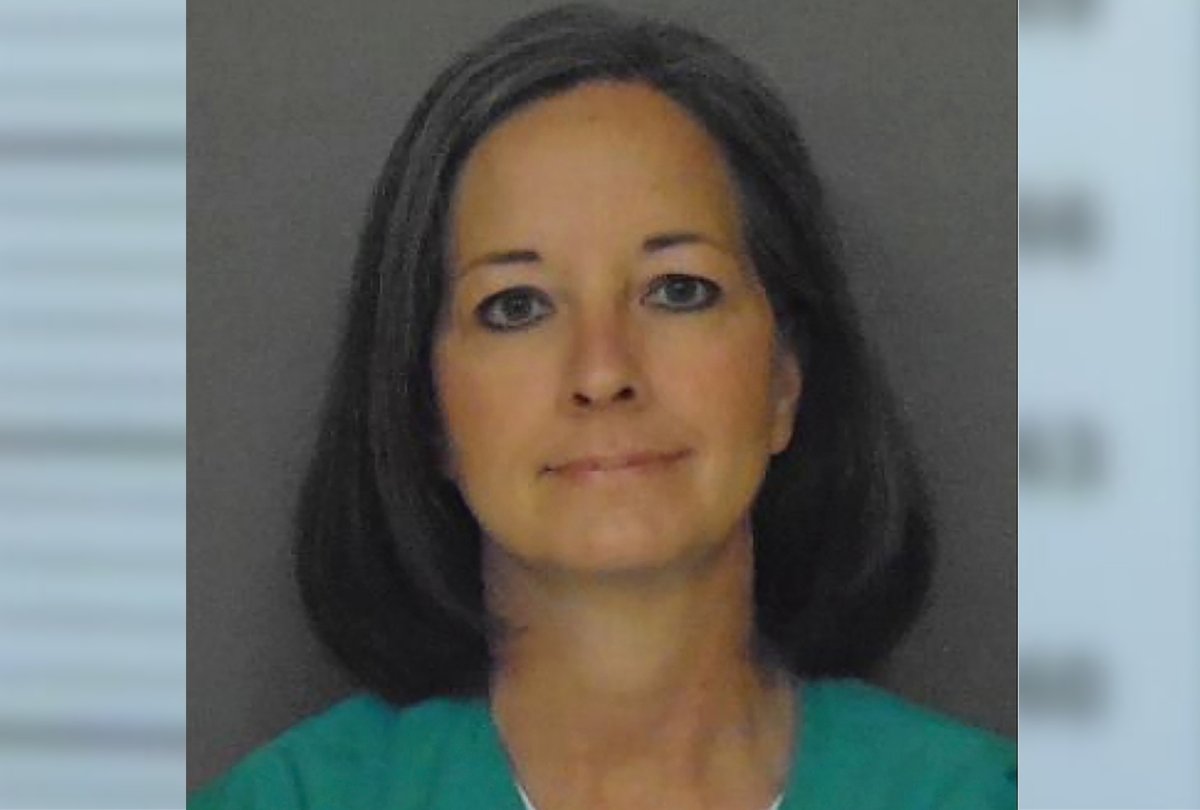
Newsweek spoke to the Director of Communications at the South Carolina Department of Corrections.
Chrysti Shain told Newsweek Smith received a conviction for an internal disciplinary charge for communicating with a victim and/or witness.
"Inmate Smith has been using the system to communicate with a news reporter/journalist. The conversations clearly discuss conducting an interview and even filming a documentary and ways to get paid for it," the incident report read.
The report continued, "They also discussed in depth the crime and the events leading up to and after it actually took place including such details as to what was in the trunk of the car when it went into the water and her plans to jump from a bridge while holding the boys but one woke up."
Smith agreed to provide the individual with contact information for friends, family, and victims, including her ex-husband David Smith. They also deposited money into Smith's account.
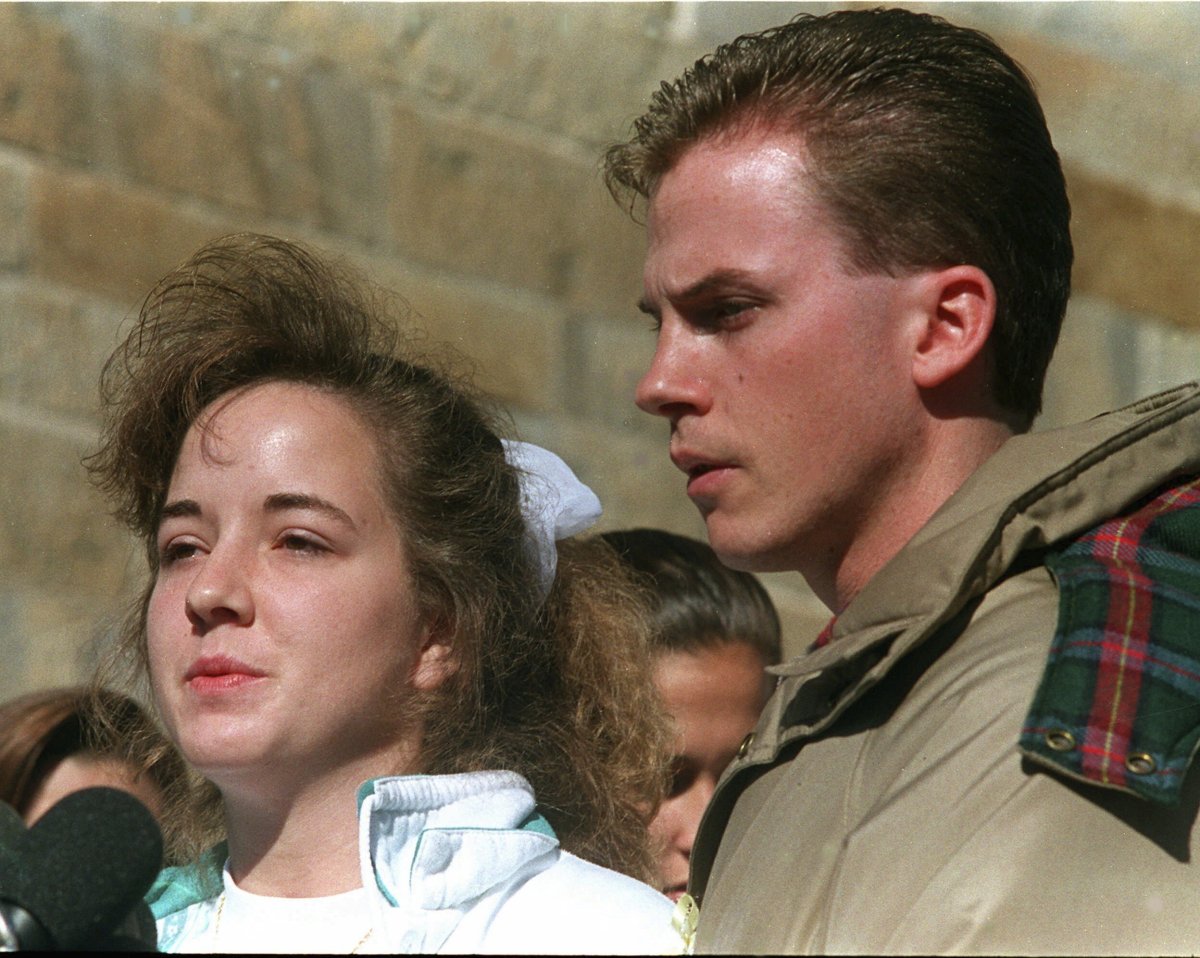
She faced the charge on August 26 and the internal hearing on October 3 resulted in her conviction. As a result, she lost her telephone, tablet and canteen privileges for 90 days, starting October 4.
SCDC inmates receive tablets designed specifically for correctional use. These secured devices allow them to make monitored phone calls and send monitored electronic messages, and their use is considered a privilege.
An internal disciplinary charge is not a criminal charge, it typically involves behavior deemed inappropriate or against established guidelines, leading to an internal investigation and hearing. Consequences for such charges can include penalties like loss of privileges, suspension, or other disciplinary actions, depending on the severity of the violation and the organization's policies.
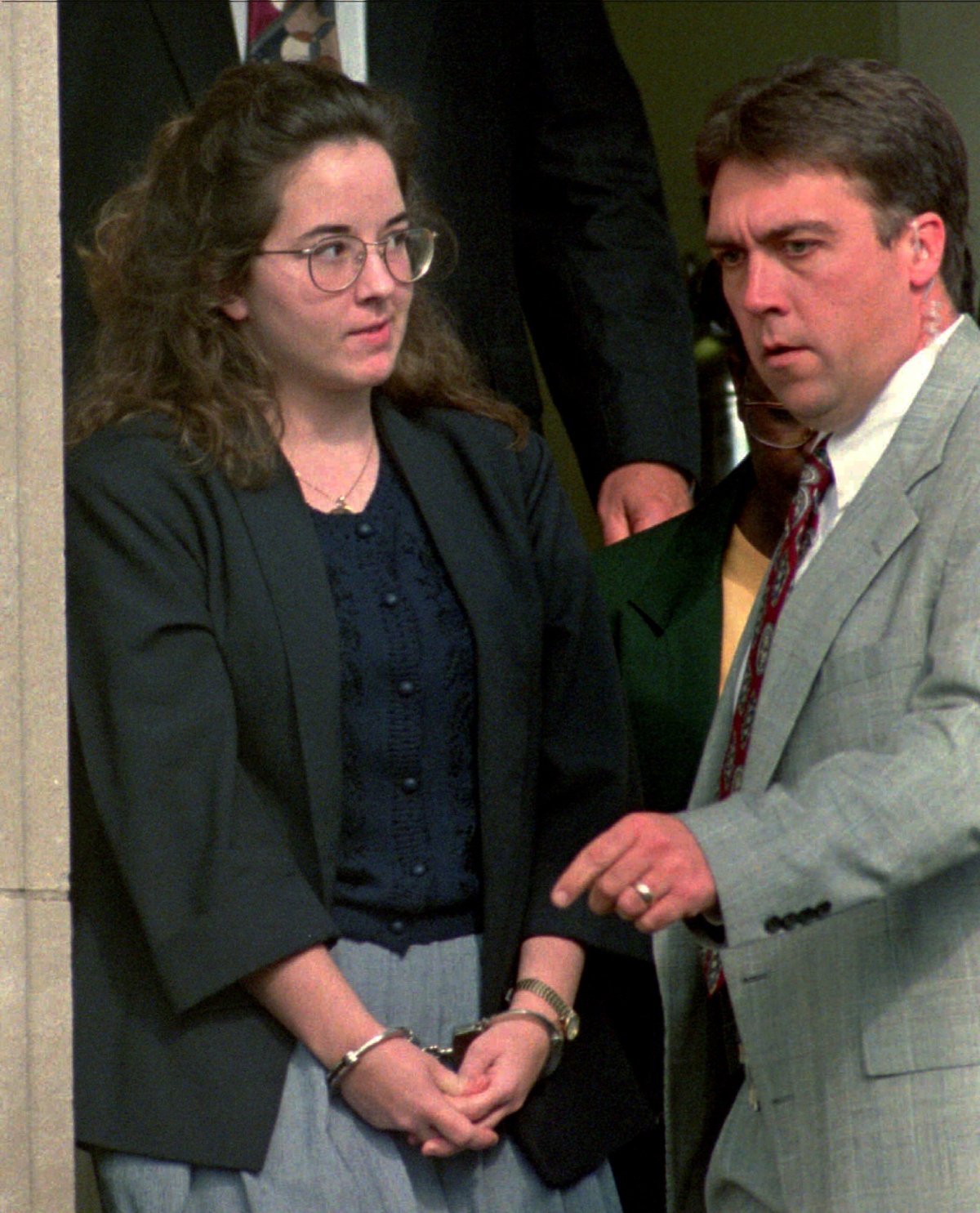
"South Carolina has a longstanding policy about inmate interviews," Shain told Newsweek. "Inmates are not allowed to do interviews on the telephone or in person. You may write them a letter with questions, and if they choose to answer, they may write you back."
The department will decide when, or if, inmate Smith will regain the opportunity to use a tablet.
Newsweek reached out to the Department of Probation, Parole, and Pardon Services to inquire whether the disciplinary action would impact her upcoming hearing.
They replied, "The South Carolina Department of Probation, Parole and Pardon Services cannot predict or comment regarding an inmate's likelihood to receive parole."
The Context
Smith reported on October 25, 1994, she had been carjacked late at night near Union, South Carolina, and a man had driven away with her two sons inside. She described the carjacker as a Black man.
For nine days, Smith made numerous and tearful pleas asking 3-year-old Michael and 14-month-old Alexander to be returned safely.
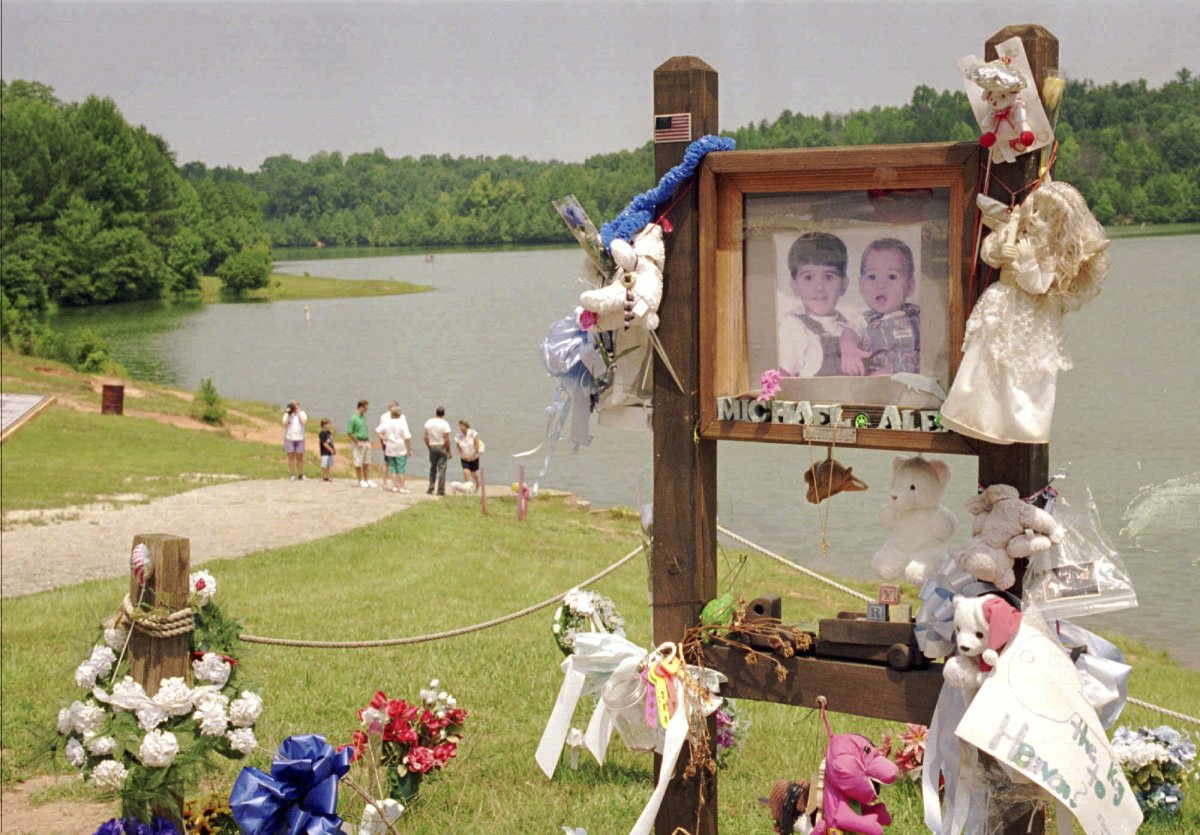
However, the boys and Smith's car were at the bottom of nearby John D. Long Lake, authorities said.
Investigators quickly found inconsistencies in Smith's account. Typically, carjackers target vehicles, so they questioned why the perpetrator would let Smith go while keeping her children. Additionally, the traffic light where Smith claimed to have stopped would only show red if another vehicle was present, yet she insisted no other cars were nearby.
Smith confessed to letting her car roll down a boat ramp into the lake. Investigators recreated the scene and found it took six minutes for the Mazda to submerge. Cameras inside the vehicle captured water pouring in through the vents and steadily rising. The boys' bodies were discovered dangling upside down in their car seats, one tiny hand pressed against a window.
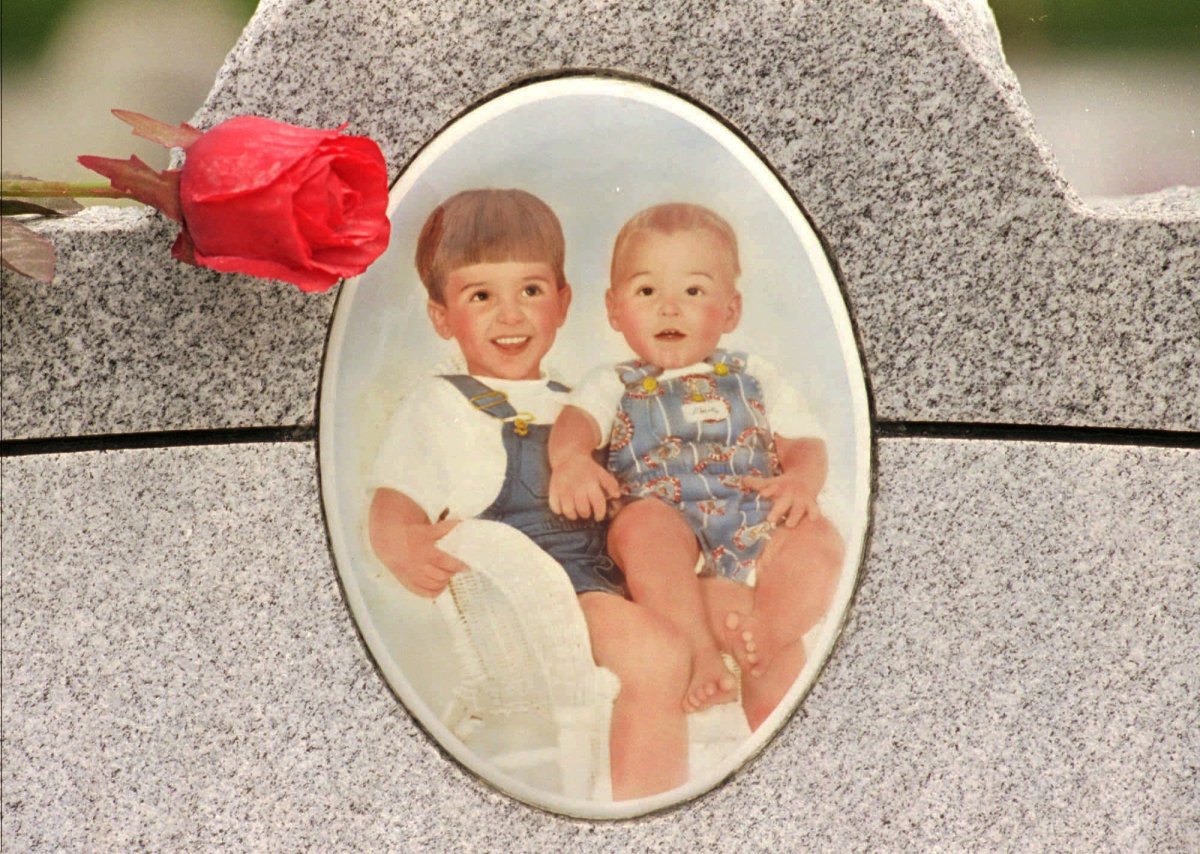
Prosecutors said Smith was having an affair with the wealthy son of the owner of the business she worked at. He ended the relationship because she had two young sons, and Smith chose this as her way to resolve the situation.
Prosecutors pursued the death penalty, turning the trial of the young mother into a national sensation and a significant moment in true crime history, despite the absence of cameras.
A judge, concerned about the effects of media coverage on the simultaneous O.J. Simpson murder trial, opted not to televise it. Ultimately, a jury convicted Smith but determined she did not deserve the death penalty.
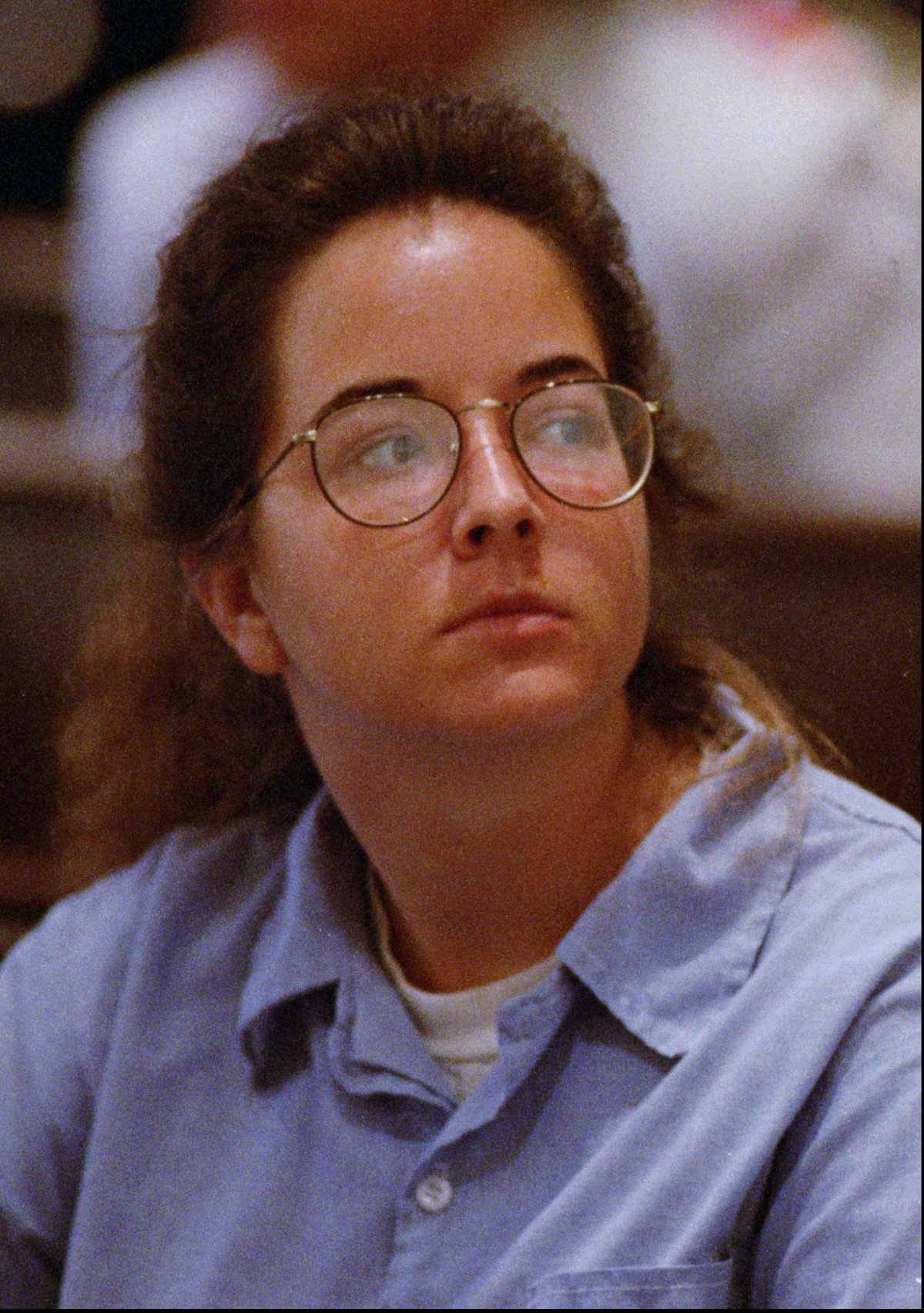
Smith's lawyers said she was remorseful, suffering a mental breakdown and intended to die alongside her children but left the car at the last moment.
"The jury believed she got a life sentence and that's what she should serve," said Tommy Pope, the lead prosecutor in Smith's trial who is now the Republican Speaker Pro Tem of the South Carolina House.
What's Next?
The parole board has scheduled Smith's hearing for November 20.
Pope intends to inform the parole board when jurors rejected the death penalty, they believed a life sentence meant life without parole and did not anticipate she could be released after only 30 years.
Pope expects Smith to make her own argument to the parole board. He thinks she will try to use the same sympathy and difficulty to believe a mother would do something like this to her children to convince the board to grant her parole.
"She's been rehearsing what she'll say to the parole board for 30 years," Pope said.
Do you have a story Newsweek should be covering? Do you have any questions about this story? Contact LiveNews@newsweek.com



















:quality(85):upscale()/2024/04/24/878/n/3019466/36c5693c662965c5d1ce91.72473705_.jpg)
 English (US) ·
English (US) ·